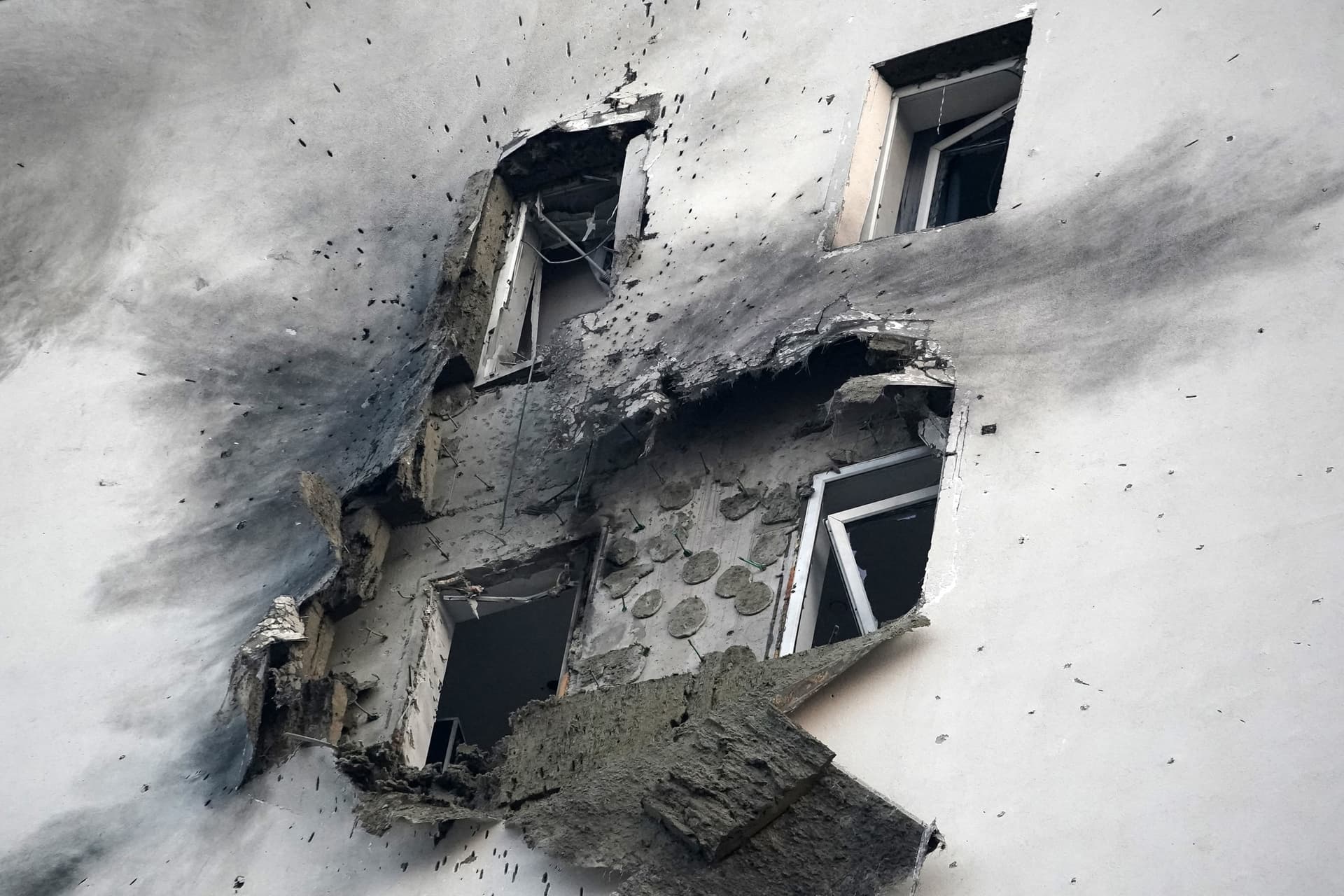Israeli Airstrikes Kill Dozens in Gaza, Ceasefire Under Strain
Israeli airstrikes in Gaza on Saturday killed at least 14 to 20 people and wounded dozens, local medics say, in a fresh test of a fragile ceasefire that has largely held since October 10. The strikes risk disrupting aid flows and the limited returns of displaced Palestinians, and they raise fresh questions about the truce's durability and legal protections for civilians and humanitarian corridors.

Israeli airstrikes struck multiple locations in Gaza on Saturday, killing at least 14 to 20 people and wounding dozens, according to local medics, in an outbreak of violence that tests a ceasefire that has eased two year fighting. The first strike hit a car in Rimal in Gaza City and set it ablaze, witnesses and medics said. Subsequent strikes struck houses in Deir al Balah and Nuseirat camp and a home in western Gaza City, where medics reported multiple fatalities and many wounded.
The Israeli military said the strikes were carried out in response to what it described as a gunman crossing into Israeli held territory and exploiting a humanitarian corridor. Hamas denied the claim and accused Israel of breaching the truce. The exchange came on a day when the ceasefire, negotiated in October, had allowed increased flows of relief and the return of some displaced families to neighborhoods they had fled.
The killings mark the most lethal single day of violence in Gaza since the ceasefire took effect on October 10, a pause that had significantly reduced the scale of hostilities after two years of intense fighting. Palestinian health authorities have reported hundreds of deaths from strikes since the truce began, while Israel has said some of its soldiers have been killed in the same period.
The strikes threaten to complicate already fraught humanitarian operations inside Gaza. Humanitarian corridors and safe passages that are intended to move aid and civilians with reduced risk depend on mutual confidence that corridors will not be used for military action. Attacks near those routes risk deterring aid agencies from operating at full capacity and could push families who recently returned to seek safety elsewhere, aid sources said in previous reporting.
Beyond immediate humanitarian consequences, the incident has geopolitical implications. The ceasefire has been the product of intensive diplomacy involving regional actors and international mediators who sought to stabilize a volatile front. Renewed cross border violence undermines those efforts and could prompt renewed diplomatic pressure on both sides to rein in forces and reaffirm commitments to civilian protection under international humanitarian law.
Legal questions also loom. Attacks on populated areas, and on movements in and around declared humanitarian corridors, raise scrutiny under the laws of armed conflict that require parties to distinguish between military objectives and civilian objects and to take precautions to avoid civilian harm. Independent investigations and international monitoring bodies will likely be called upon to scrutinize the incidents and to determine whether the strikes complied with those obligations.
For Gazans, the day is another reminder of how fragile the ceasefire remains. For Israel, the strikes were presented as a necessary response to a security threat. For regional and international stakeholders, the episode underscores how tenuous pauses in violence can be, and how quickly isolated incidents can reverberate into wider diplomatic and humanitarian crises.


